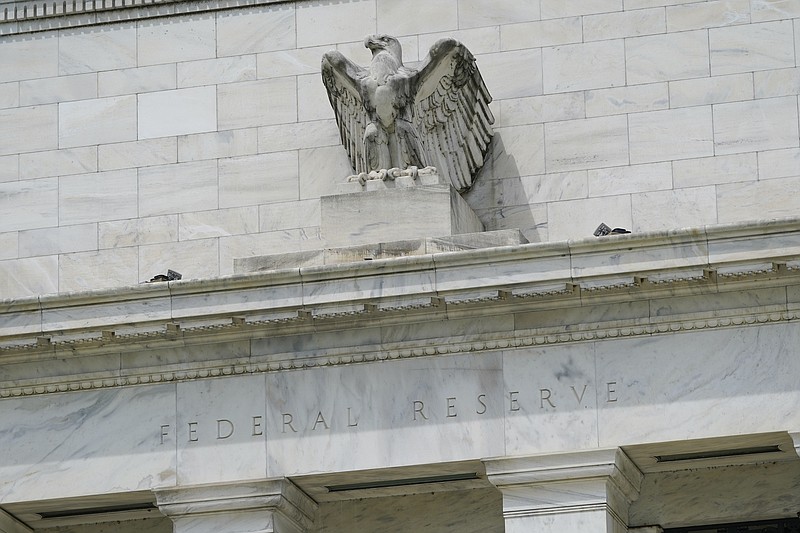WASHINGTON -- The Federal Reserve is reviewing the ethics policies that govern the financial holdings and activities of its senior officials in the wake of recent disclosures that two regional Fed presidents engaged in extensive trading last year.
Robert Kaplan, president of the Dallas Federal Reserve Bank, traded in 2020 millions of dollars of stock in companies such as Apple, Amazon, and Google. Eric Rosengren, president of the Boston Fed, traded in stocks and real estate investment trusts, according to financial disclosure forms.
Both pledged last week to divest those holdings after they were reported by The Wall Street Journal.
Comments made by Fed regional presidents can move markets and they have a hand in the Fed's interest rate policies. Such high-placed officials often have exclusive access to discussions about upcoming policy shifts that could benefit or be detrimental to some economic sectors, though they are prohibited from trading on that knowledge and are unable to trade in the period leading up to Fed meetings.
Kaplan and Rosengren said last week that their trades were permitted under the Fed's ethics rules. But they also said they would sell their holdings the end of this month and place the money in index funds, which track a wide range of securities, or in cash.
Still, the trades occurred last year when the Fed took extraordinary steps to buoy the U.S. economy and stabilize financial markets during the pandemic. The central bank cut its short-term benchmark interest rate to zero in March 2020 and has since purchased trillions of dollars in Treasury securities and mortgage-backed bonds to hold down longer-term interest rates.
One impact of those policies has been to make stocks a more attractive investment relative to bonds, which provide very little return when interest rates are low. The Fed has come under criticism for worsening wealth inequality by pushing up the value of stock portfolios.
The Fed's purchase of mortgage-backed bonds, which are issued by mortgage buyers such as Fannie Mae and Freddie Mac, has been criticized by some other regional bank presidents for contributing to the run-up in home prices in the past year. One investment that Rosengren made was in real estate investment trust Annaly Capital Management, which also purchased those same securities.
In a prepared statement Thursday, the Fed announced that Chair Jerome Powell late last week requested a "fresh and comprehensive look at the ethics rules around permissible financial holdings and activities by senior Fed officials."
[DOCUMENT: Read Sen. Elizabeth Warren's letters » arkansasonline.com/917warren/]
The statement came after letters were sent Wednesday by Sen. Elizabeth Warren, D-Mass., to all 12 regional Fed banks, urging that they ban the ownership of stocks by senior officials.
"The controversy over asset trading by high-level Fed personnel highlights why it is necessary to ban ownership and trading of individual stocks by senior officials who are supposed to serve the public interest," Warren's letter states.
Warren has introduced legislation that would bar stock ownership by members of Congress, Cabinet secretaries and other high-ranking officials.

